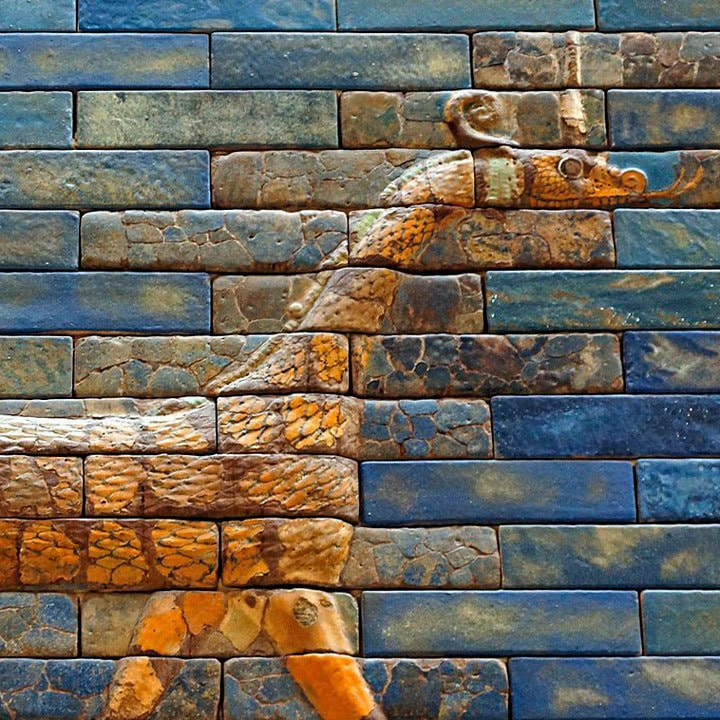Theoretical approaches to myth and the tropes in Viktor Pelevin’s novels will be explored in the next lecture.
Myth can be understood as both an archaic narrative about gods and heroes, and a statement without argument. Roland Barthes introduced a radically novel interpretation of this term—myth is a stolen language—and described the figure of a myth-maker who is able to reveal the hidden meanings of myth by transforming the implicit into the explicit and controllable. Barthes believed that understanding the logic of myth implies tracing the transition of its referent and reference’s functions. In later years, however, he changed his point of view and started arguing that a myth-maker’s statement could also turn into a myth, while “demythication” is merely part of the process. Viktor Pelevin’s novels provide great material for analyzing contemporary myths and its theories.
“From the Buddhist point of view, the meaning of advertising is extremely simple. It attempts to convince us that the product advertised will result in a high and auspicious reincarnation—and not even after death, but immediately following the act of consumption. Like, chew Orbit sugar-free and straightaway you’re an asura. Chew Dirol, and you’re a god with snow-white teeth.
<…> Because it’s never the things that are advertised, it’s human happiness. The people they show are always equally happy, only the happiness comes from buying different things in different cases. So people don’t go to a shop to buy things, they go there looking for this happiness; but the shops don’t sell it.”
(Viktor Pelevin, Generation P, 1999)


